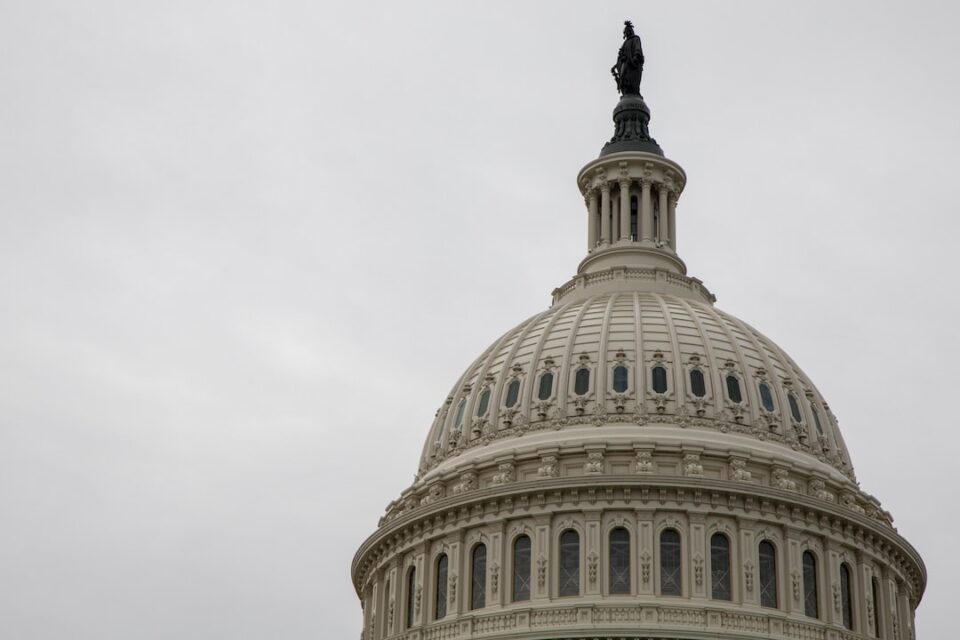Bankruptcy Law: A Lifeline for Financially Struggling Individuals and Businesses
Financial struggles can happen to anyone, whether it be due to unexpected medical bills, a failed business venture, or even just a series of unfortunate events. When faced with overwhelming debt and little hope of repaying it, bankruptcy law provides a lifeline for both individuals and businesses seeking a fresh start.
Bankruptcy is a legal process that allows debtors to eliminate or restructure their debts while protecting their assets. It offers a debtor the opportunity to obtain relief from their overwhelming financial burdens and begin anew. Let’s explore how bankruptcy law can be a saving grace for those grappling with debt.
For individuals, bankruptcy law offers two types of relief – Chapter 7 and Chapter 13 bankruptcy. Chapter 7 bankruptcy, also known as liquidation bankruptcy, allows individuals to have their eligible debts wiped out entirely. This type of bankruptcy is ideal for those with little to no income and significant debt. Through this process, a debtor’s non-exempt assets are sold or liquidated to pay off their creditors.
On the other hand, Chapter 13 bankruptcy, or reorganization bankruptcy, involves creating a plan to repay debts over a period of three to five years. This allows individuals to keep their assets while making reduced monthly payments. It is a viable solution for those with a steady income and the ability to repay their debts over time.
Businesses facing financial distress can also find solace in bankruptcy law. Chapter 7 bankruptcy allows businesses to close down their operations and liquidate their assets to pay off creditors. This form of bankruptcy provides a sense of closure while distributing any remaining assets fairly.
However, businesses that wish to continue operations may opt for Chapter 11 bankruptcy instead. Chapter 11 bankruptcy allows businesses to reorganize their debts, renegotiate contracts, and develop a feasible plan to pay off creditors over time. It provides an opportunity for businesses to restructure their operations, reduce costs, and ultimately get back on their feet.
Bankruptcy law is not just about relieving debt, but it also offers legal protections for debtors. Filing for bankruptcy triggers an automatic stay, which immediately halts all debt collection efforts, including calls from creditors and wage garnishments. This stay provides a breathing space for financially struggling individuals and businesses to regroup and chart a new path forward.
Additionally, bankruptcy law provides a degree of fairness and transparency in the debt resolution process. It ensures that creditors are treated fairly and equally, preventing any single creditor from seizing assets or taking advantage of the debtor’s vulnerability. The bankruptcy court oversees the process, ensuring that both debtors and creditors are given due process.
Bankruptcy law recognizes that financial hardships can happen to anyone and allows individuals and businesses to have a fresh start. It offers the opportunity to rebuild credit scores, establish a solid financial foundation, and regain control over one’s financial life.
However, it is essential to note that bankruptcy should not be seen as a quick and easy fix. It is a decision that must be carefully considered, with the assistance of a knowledgeable bankruptcy attorney. Bankruptcy has long-term consequences, and it is crucial to understand the potential impact on future creditworthiness and financial stability.
In conclusion, bankruptcy law is a lifeline for financially struggling individuals and businesses. It provides relief from overwhelming debt, protects assets, offers legal protections, and creates an opportunity to rebuild financial stability. If faced with insurmountable debt, exploring bankruptcy options can be the first step towards a brighter financial future.

